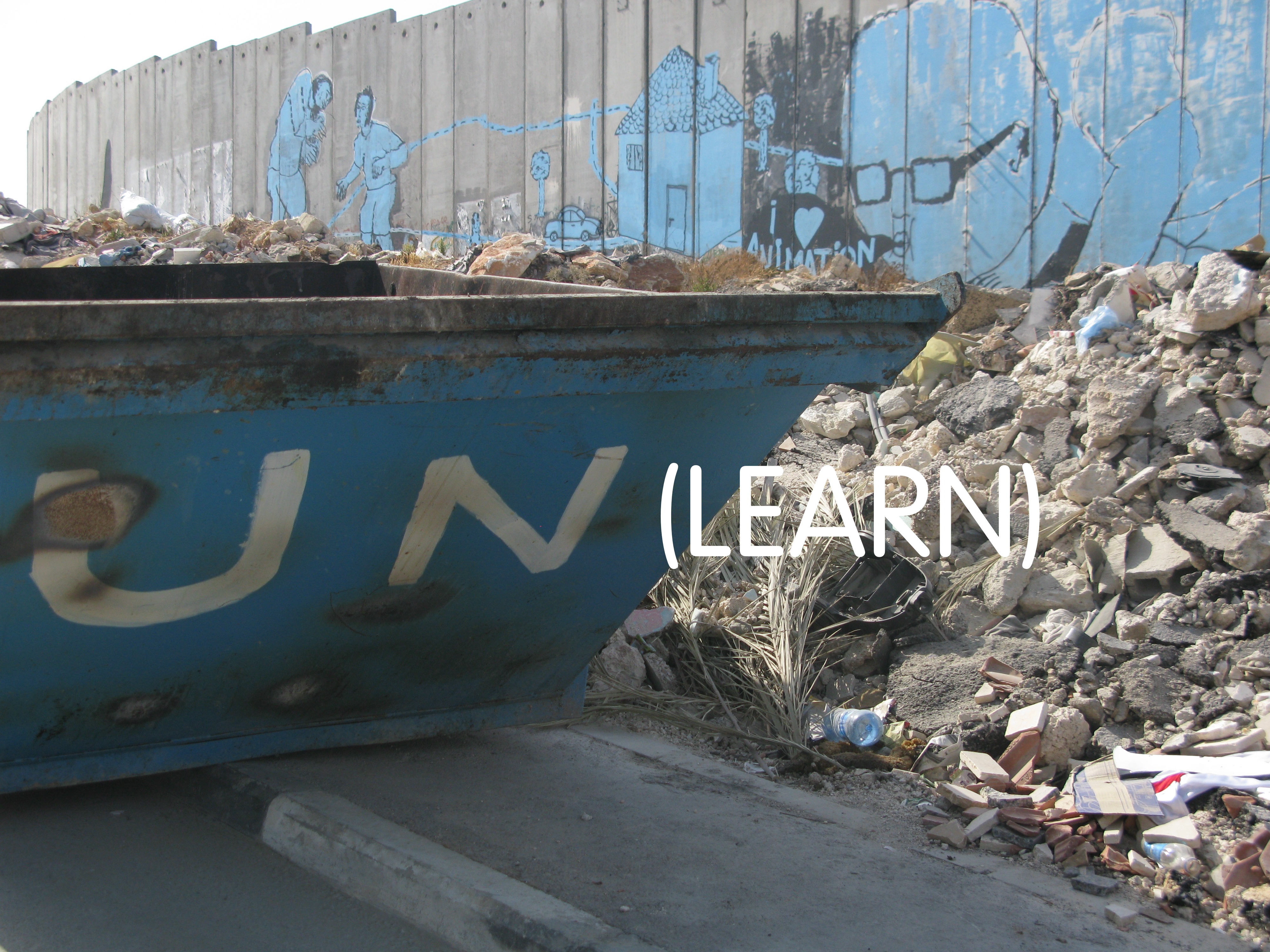While attending on a photo-shoot in London with a group of amateur photographers, I met a woman in her 30s who had been involved in humanitarian work for a number of years. As we chatted over lunch about the challenges that aid workers face in the field, she told me: “Well, one has to be a bit cynical in this work. Imagine if a doctor cried every time he saw a patient?”.
Really? Do we need to be cynical to remain healthy in frontline work?
I disagree.
Healthy empathy and healthy boundaries are very different from cynicism.
A doctor who cries at the sight of every single patient who is suffering may be in the wrong line of work. But a doctor who feels nothing, never cries, and is emotionally flat, distant and numb, may equally be in the wrong line of work. Or most likely may simply have reached a point of burnout, and like many, will think that cynicism is part of the game.
While black humor may have a place as a healthy coping mechanism, I’m reminded of the words of Rachel Naomi Remen, a doctor herself:
“We burn out because we have allowed our hearts to become so filled with loss that we have no room left to care. The burnout literature talks about the factors which heal burnout: rest, exercise, play, the releasing of unrealistic expectations. In my experience burnout only really begins to heal when people learn how to grieve. Grieving is a way of self-care, the antidote to professionalism. Health professionals don’t cry. Unfortunately” (from Kitchen Table Wisdom).


